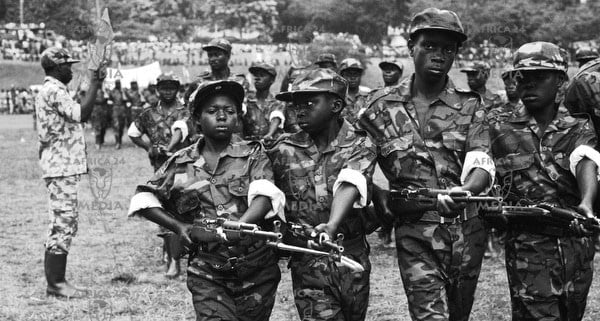Nowadays, many peaceful adults go to war not out of ideological convictions but only for the sake of saving their children and ensuring they have a brighter future. Kids should be valued and protected all over the world, both by their relatives and strangers. However, this view was not shared by the government of Sierra Leone about thirty years ago. When the civil war broke out in the country, thousands of children and teenagers were sent as soldiers to murder enemies; they were brainwashed and persuaded to become killing machines. Such a terrible practice is described in the 2007 book A Long Way Gone by Ishmael Beah.
It is essential to never forget about those terrible years when the lives of numerous kids were destroyed. In the book, this inhumane and unethical practice is at the center of the plot because the author describes his own experiences in the war as a child (Beah). Undoubtedly, if people allow this story to become forgotten, such mistakes will repeat in the future, and more and more innocent kids will be deprived of their rights and childhoods and sent to murder or be murdered.
The identified event plays a major role both for the citizens of Sierra Leone and the whole world. First, the country should honor the memory of the killed children. Second, it is the moral obligation of current citizens to make sure that those teenagers who survived the war can adapt in societies, get an education and a profession, and become able to start a family. Even though many of these survivors are in their forties, they may still need support and help because such traumatic experiences leave severe effects. Finally, as for the global impact, the event highlights the need to value kids and protect their rights, happiness, and peace under all circumstances. After all, if adults are those who start wars, why should children fight in them?

Works Cited
Agrawal, Pari. “Innocent Combatants – Child Soldiers of Sierra Leone.” Leagle Samiksha. Web.
Beah, Ishmael. A Long Way Gone: Memoirs of a Boy Soldier. Farrar, Straus and Giroux, 2007.